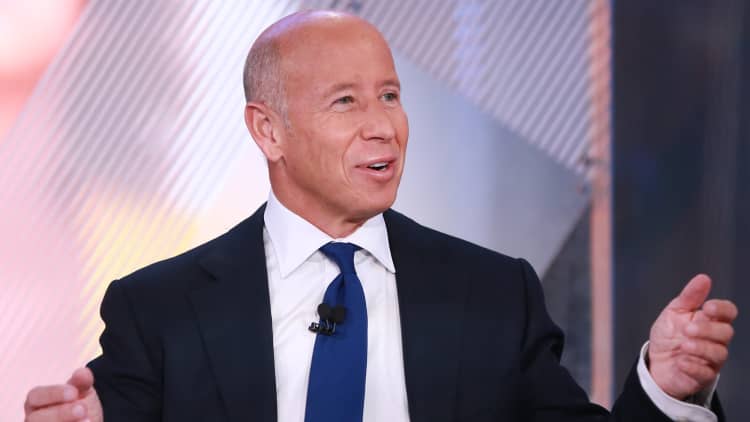
Major investors are "somewhat cautious" as they wait to see whether President Donald Trump and Republican leaders on Capitol Hill can deliver on promises of lower taxes and massive business deregulation, Starwood Capital Group founder Barry Sternlicht told CNBC on Monday.
"If we don't succeed, the backlash could be significant. It all really needs to succeed. I just hope [Trump] stays on the main script, which is the business script," he said on "Squawk Box," warning about the consequences if the hopes for pro-growth polices that fueled a 12 percent Trump rally in the since the election don't come to pass.
Sternlicht described what he called the "inverse Trump effect" on the economy — the idea that uncertainty over the details of the president's polices is holding back investors. "If I'm an individual and I know my capital gains tax is going to drop I might just wait to sell stuff," and sell into a more favorable tax environment, he argued.
As a result, Sternlicht said there could be fewer real estate transactions "until this is cleared up." Investors also could be waiting to sell stocks, he argued.
The U.S. economy is on a good trajectory, but investors want to know "the rules of engagement" before making big money decisions, said the chairman and CEO of Starwood Capital, which has $52 billion in assets under management.
The bond market is the "true arbiter of the pace of this growth," Sternlicht said, pointing to the continuing low yield on the 10-year Treasury. If traders really thought the Trump policies were going to pass quickly and boost the economy, the 10-year yield would move to 3 percent "pretty fast," he added. The 10-year Treasury yield was around 2.33 percent in early trading Monday.


